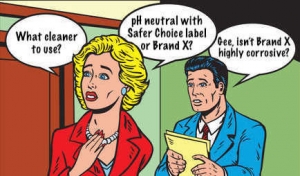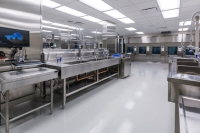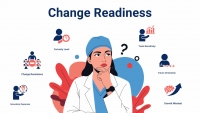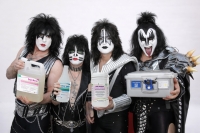The 2025 Tariffs: What It Means for Us
Having necessary medical devices, supplies and equipment are critical for hospitals and clinics to continue delivering high quality care to patients. The healthcare community relies on foreign companies, especially China, for medical equipment and supplies, even raw materials and spare parts to replenish our factories manufacturing products including medical devices right here in the USA...
Our Best Wishes For A Happy And Healthy New Year
Supply Chain Challenges, continued...
Last week we shared our supply issue of getting 4 new rooftop air conditioning units, which were scheduled for arrival on April 6th then finding out from the manufacturer of the AC units that it would be 42 weeks, at the earliest, for the units we needed. 2023 is another year of unknowns, and healthcare must rally around this one constant: as Covid 19 wanes, there are rising expectations of a return to “normal”. It’s time to start planning for what’s next.
Supply Chain Challenges: What can we do to address them?
Are you still experiencing supply chain issues? We are. That is why we stocked up on all the necessary supplies and raw materials we need to meet your needs for instrument processing. Nevertheless, what we learned, however, is that you cannot take anything for granted, such as obtaining necessary equipment or even air conditioning units, because they may not be available when you need them.
Water, water everywhere, but is it any good from the sink?
Do you know what’s hiding in your tap water? Is it hard, soft, iron rich, or smelly like rotten eggs? How does water quality affect cleaning chemistries, and what can be done about it? And how can high purity water contribute to more effective cleaning? Certainly, water is important for the final rinse, but what about in the formulation of the cleaning agent itself and in the cleaning stages of instrument processing?...
The Soap Opera Continues...
Last week’s episode ended with a cliffhanger, we promised more on the critical parameters for detergent selection, sustainability, and the science of cleaning, how instrument chemistries are formulated for safety and effectiveness, and which cycles are best for automated cleaning.
The Soap Opera
Daytime TV serials are often called “soap operas” because laundry and dish detergent manufacturers have long been sponsors. The “opera” part is full of drama, passion, a plot where pressure is applied to force a decision, one which the victim was sorry to have agreed to in the first place. Just as “soap operas” use persuasive words, exaggerated statements, and even threats, to cancel out sound judgment or scientific principles...
U.S. Sets Global Record with Over 1 Million Reported Virus Cases in a Day
According to USA Today, “A substantial increase in coronavirus infections was expected when this week's numbers came out, but nothing like this.”
The intensely rapid spread of the omicron variant and a backlog of cases from the New Year's weekend has resulted in U.S. health authorities tallying more than three times as many new cases as in any previous wave of the coronavirus -- over 1 million reported cases on Monday alone. About 1 in every 100 Americans will have been reported as a positive case in just the last week, according to data from Johns Hopkins University.












